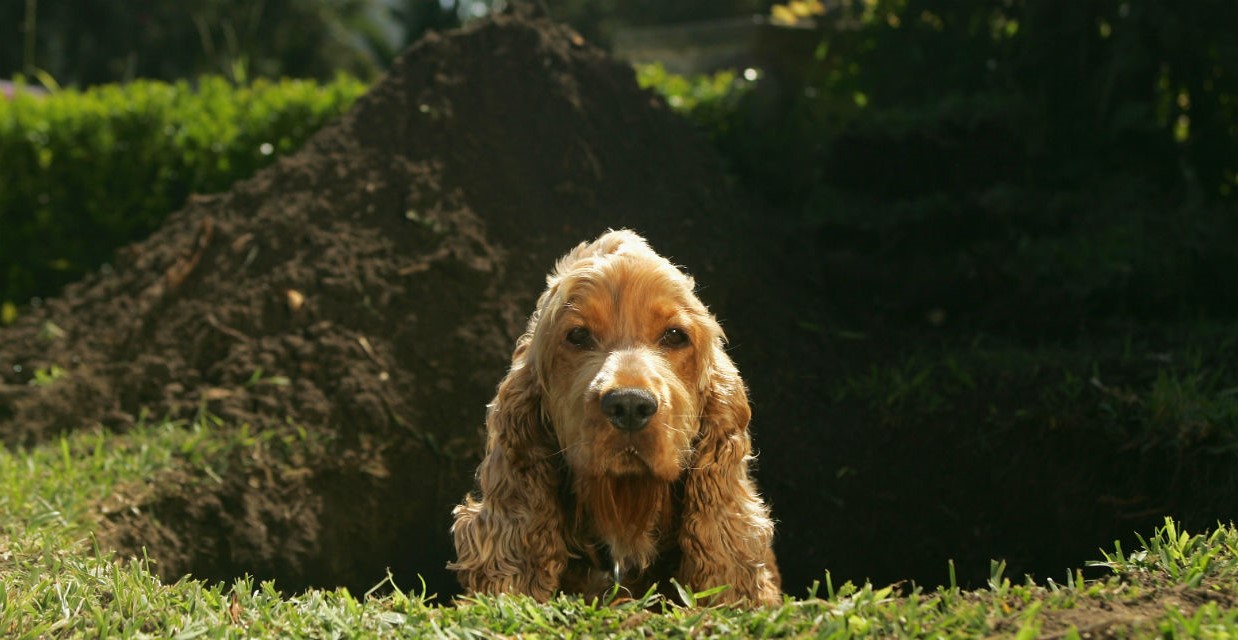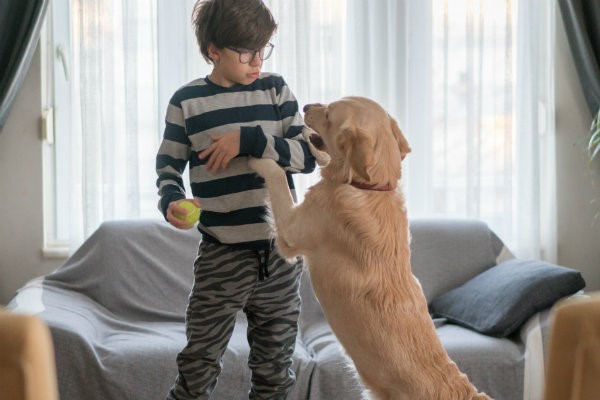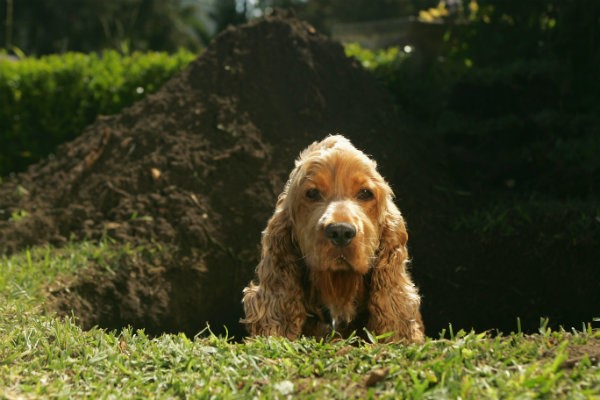Our dogs give us so much love and companionship. Many of their behaviours are endearing and well placed. However, a few can be problematic, more often for us (and sometimes for our neighbours) than for them.
A lot of dogs are reliant on us for much of their environmental stimulation and behavioural management, so it pays to keep an eye on the below issues before they truly become ‘problems’, and know what you can do to address them.










